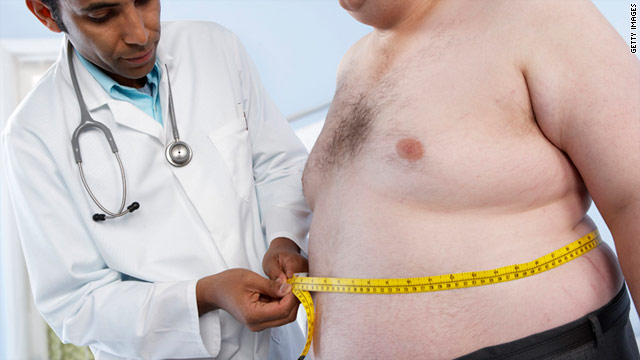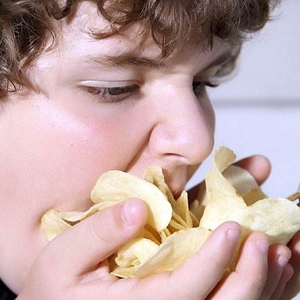That’s a timely and contentious question. But some serious researchers say junk food addiction is eerily similar to drug abuse. And as such, should be treated using the same methods. Does this mean we’ll soon see 12-step programs for obesity treatment?

Some folks just can’t keep their hands away from their mouths. But that’s only an incidental factor in today’s headline addictions. Smoking tobacco. Drinking alcohol. Snorting cocaine. Shooting opiates. Dropping pills. Those are the big issues.
And they all have one thing in common: a neuro-physical compulsion to keep abusing them.
Getting serious
Now, some researchers say we should get just as serious about another proven vector of addiction: Junk Food. Ultra-processed food in general has been conclusively shown to be addictive in the same manner that opiates, alcohol nicotine and even caffeine ‘hook’ us.
If the so-called ‘hard’ drugs are on one end of a continuum, and alcohol, tobacco and caffeine are in the middle, then processed foods occupy the opposite plank of the potentially deadly see-saw.
And the scientists say it’s time to approach our hard-wired addiction to salt, fat and sugar in the same way we fight the ‘big’ addictions.
Evidence abounds…
I still point without hesitation at several stories I’ve spotlighted in posts through the last decade as proof positive that junk food is addictive.
Remember when documentary film maker Morgan Spurlock filmed himself, day by day, as he ate only McDonald’s food for a month? And got seriously ill?
Remember the Australian stray cat who survived on handouts of McDonald’s food for years… And experienced severe withdrawal symptoms when he was finally adopted?
Remember the OREO story? Researchers proved the world’s most popular commercial cookie was ‘just as addictive as opium’.
New treatment options
Given that we agree, as a society, that junk food addiction is just as dangerous as drug abuse, what new ‘serious’ treatment options can we adopt?
Alas, there is no 12-step program to wean addicts off junk food. But the approach has been proven, over many decades, to work for alcohol and hard drugs. Nicotine Anonymous, “welcomes all those seeking freedom from nicotine addiction.” Caffeine Addicts Anonymous, “is a fellowship of men and women who share their experience, strength, and hope with each other. […] The only requirement for membership is a desire to stop using caffeine.”
There are ‘Food Abuse’ 12-step programs out there, too. But they deal only with the psychological aspects of addiction – ‘the obsession with food’.
I suspect that Junk Food Anonymous meetings will start to crop up once folks get it through their heads that ultraprocessed food dependency is as real and dangerous as alcohol and drug addiction.
It’s also a drawback that there’s no analogue to methadone to help fast food addicts. No emergency treatment that equates with naloxone. I’ve tried to imagine what a junk food dependency ‘antagonist’ might look like. But I’m certainly no biochemist!
But I now wonder if the substances used to treat hard rug addiction might also work for food addicts. After all, scientists now agree the addictive mechanisms are the same. I imagine research on that angle will follow quickly, once the official world adopts the position that junk food is as dangerous as heroin.
My take
Only when fast food addiction is taken as seriously as opioid or alcohol or cocaine addiction will society deign to give effective treatment the attention it deserves.
One glance at the exploding global obesity epidemic is enough to convince anyone that it past time to take ultraprocessed food addiction seriously. Treating the overweight and obese, and helping those prone to becoming dangerously overweight avoid the condition, is a mandatory prerequisite to beating the plagues obesity leads to: heart disease, type 2 diabetes, some cancers and a host of metabolic disorders.
Let’s start now, considering new and more effective ‘treatments’ for fast food addiction.
~ Maggie J.

